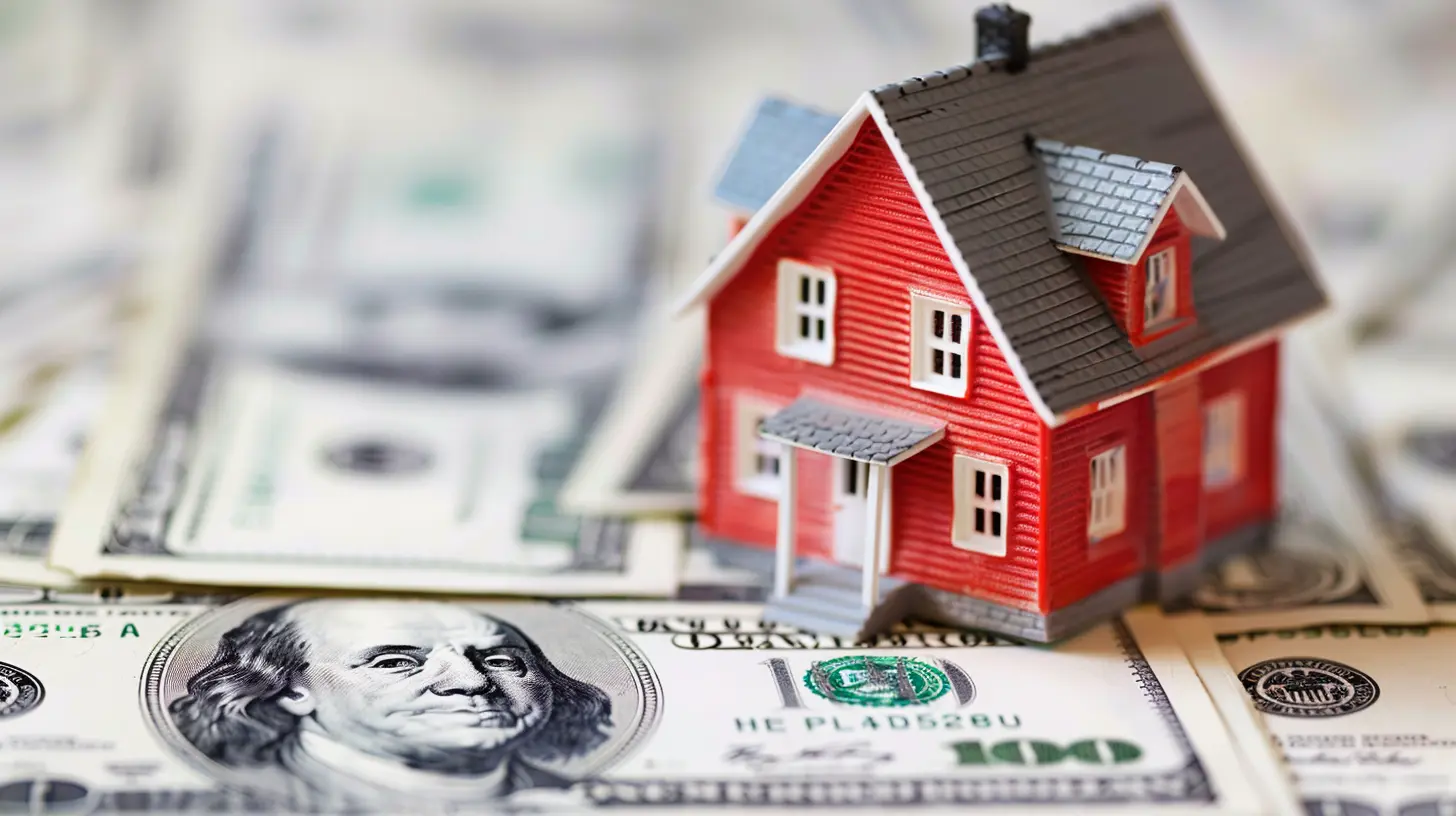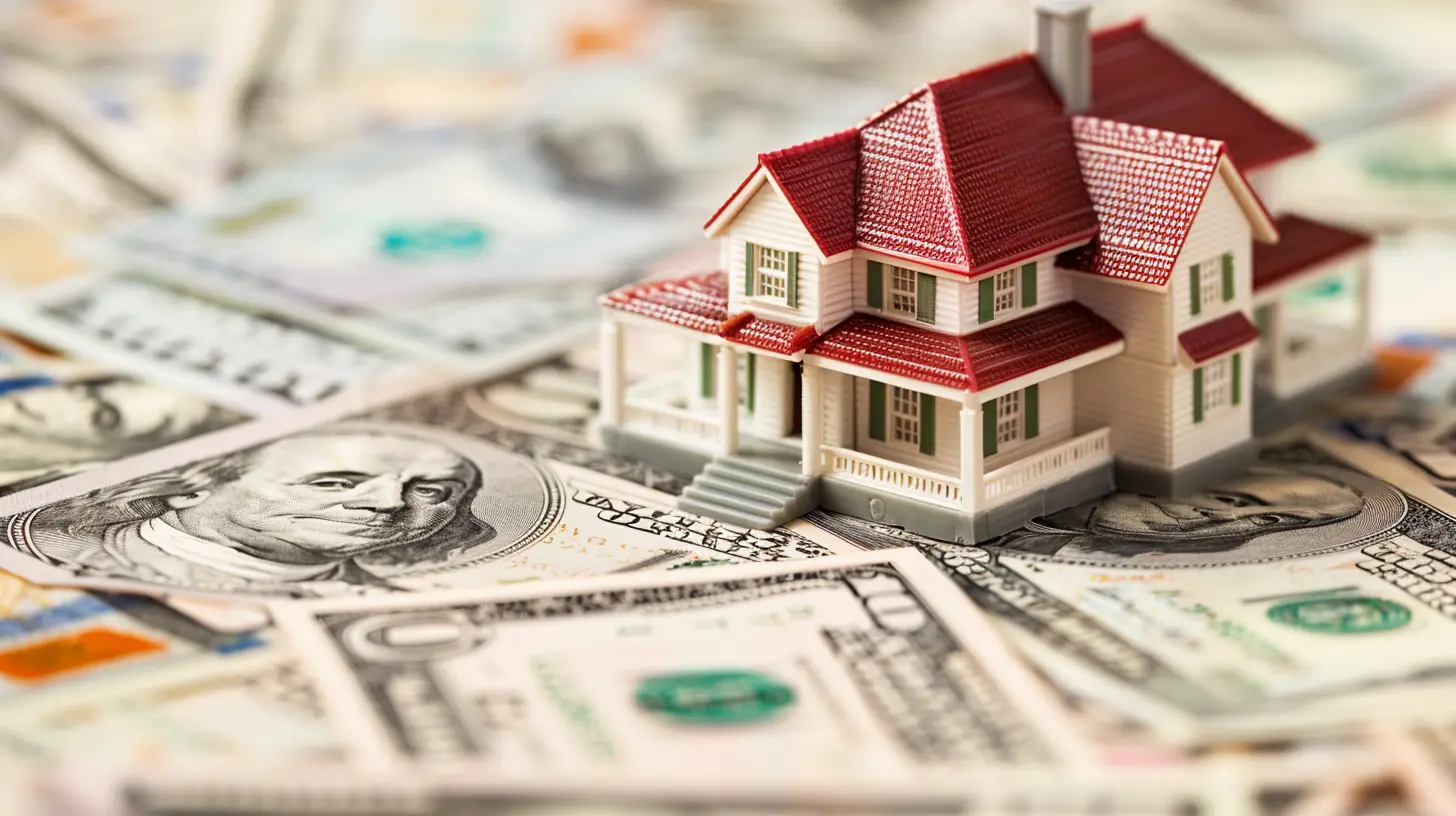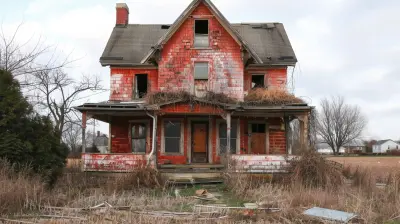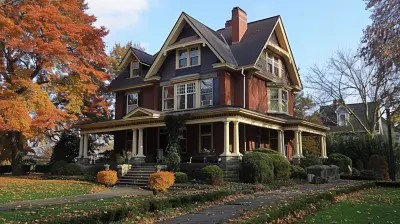Avoiding Over-Priced Homes in a Buyer’s Market
3 August 2025
When the real estate market swings in favor of buyers, opportunities abound. More homes are available, negotiations are easier, and prices can be more reasonable. But even in a buyer’s market, over-priced homes can still be a trap waiting to snare an unsuspecting buyer.
So, how do you ensure you don’t end up paying more than you should? Let’s dive into the strategies that will help you avoid overpriced homes and get the best value for your money. 
Understanding a Buyer’s Market
Before we get into the nitty-gritty of avoiding overpriced homes, let’s clarify what a buyer’s market actually is.A buyer’s market happens when the supply of homes exceeds demand. Simply put, there are more houses for sale than there are buyers looking to purchase them. This gives buyers more negotiating power, often leading to lower prices, seller concessions, and better deals overall.
However, just because it’s a buyer’s market doesn’t mean that every home is a bargain. Some sellers still overprice their properties, either out of emotional attachment, poor market knowledge, or simply wishful thinking. 
Signs a Home is Overpriced
An overpriced home isn’t always easy to spot—especially if you don’t have experience in the market. Here are some red flags that a home may have an inflated price tag:1. It’s Been on the Market for Too Long
In a buyer’s market, well-priced homes get snatched up quickly. If a home has been sitting unsold for months while others around it sell, it could be overpriced. Sellers who refuse to adjust the price often find their homes languishing, making them even less attractive over time.2. The Price is Higher Than Comparable Homes
Comparing similar homes in the same area is one of the easiest ways to tell if a property is overpriced. If other homes with similar features, square footage, and location are selling for less, that’s a major red flag.3. Multiple Price Reductions
If you see a home that has gone through multiple price reductions, it likely started off too high. While price drops can sometimes be a good sign for buyers, they can also indicate a seller who isn’t in tune with market trends.4. It’s Getting No Offers
Has the home been listed for a while with little to no interest from buyers? That’s another strong indication the price might not match reality.5. The Home Appraisal is Lower Than the Listing Price
If you’re in the later stages of buying and the home appraises for significantly less than the asking price, you may be dealing with an inflated price. Banks won’t lend more than a property's appraised value, so this could be a major roadblock.
How to Avoid Overpaying for a Home
Now that we know the warning signs, let’s discuss the strategies to avoid overpaying for a home in a buyer’s market.1. Hire a Knowledgeable Real Estate Agent
An experienced real estate agent is your best defense against overpaying. They’ll know the market, understand pricing trends, and help you determine whether a home is fairly priced.2. Do Your Own Market Research
While your agent will provide guidance, it never hurts to do your homework. Look at online listings, compare price trends, and assess how long homes in your desired area take to sell.3. Get a Comparative Market Analysis (CMA)
A Comparative Market Analysis (CMA) is a report that real estate agents run to compare similar properties that have sold recently. If a home you’re considering is priced well above comparable sales, you may have negotiation leverage.4. Don't Get Emotionally Attached Too Soon
It’s easy to fall in love with a house, but don’t let emotions cloud your judgment. Sellers often count on emotional buyers being willing to overpay. Stay logical and focus on the numbers.5. Be Ready to Walk Away
One of the strongest tools a buyer has is the ability to walk away. If a seller refuses to negotiate a fair price, remember—it’s a buyer’s market. There will likely be other, better-priced homes available.6. Consider a Home Appraisal Before Making an Offer
If you’re serious about a home but have concerns about the price, consider paying for an independent appraisal before submitting an offer. This will give you strong negotiating power if the price is higher than the appraised value.7. Negotiate Aggressively
In a buyer’s market, sellers are often more open to negotiation. If you find a home that’s overpriced, don’t be afraid to make a lower offer based on market data. The worst they can say is no!
How Sellers Justify Overpricing
To understand why some homes are priced too high, let’s take a look at some common justifications sellers use:1. Emotional Attachment
Many homeowners feel their property is worth more because of emotional value. Maybe they raised their kids there or spent years making upgrades. But emotional value doesn’t translate to market value.2. Over-Improving the Home
Some sellers make expensive renovations and expect to get every penny back. However, not all renovations provide a return on investment.3. Following Outdated Market Trends
Sellers might price their home based on last year’s booming market conditions rather than today’s reality. Markets shift, and pricing must adjust accordingly.4. Testing the Market
Some sellers overprice their homes just to "see if someone will bite." They’re not in a hurry to sell, but they hope for an uneducated buyer who will pay more than the home is worth.Red Flags to Watch for During Negotiations
Even if you identify an overpriced home and enter negotiations, there are a few warning signs to be aware of during the process:- Seller is unwilling to negotiate price or terms
- They insist their home is worth more without data to back it up
- You feel pressured to make an offer quickly
- They refuse to provide a recent CMA or appraisal
If you encounter these red flags, proceed with caution and be ready to move on if necessary.
The Bottom Line
A buyer’s market gives you leverage, but that doesn’t mean every home is a good deal. Overpriced homes still exist, and if you're not careful, you could end up spending more than necessary.By doing your research, working with a knowledgeable agent, and staying patient, you can avoid overpriced properties and secure a great home at a fair price.
So, as you navigate the market, remember—just because a price tag says one thing doesn’t mean it’s what the home is actually worth. Stay smart, negotiate wisely, and don’t let an overpriced listing fool you into overpaying!
all images in this post were generated using AI tools
Category:
Buyers MarketAuthor:

Vincent Clayton
Discussion
rate this article
1 comments
Hannah Franco
Navigate wisely through listings; treasure awaits where value whispers, not where prices soar.
August 17, 2025 at 10:32 AM

Vincent Clayton
Thank you! Your insight beautifully captures the essence of finding true value in a competitive market.


